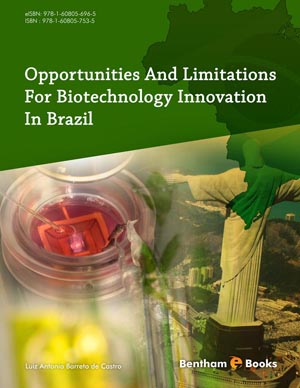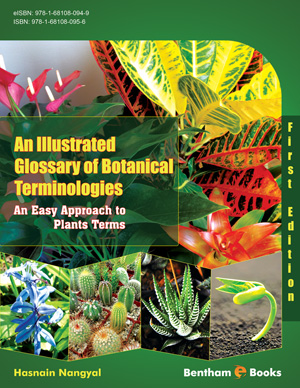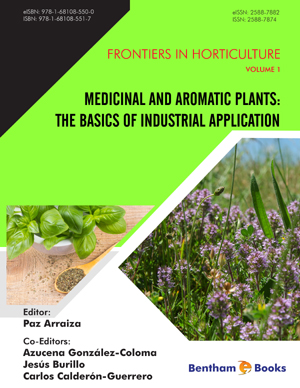Abstract
The strategies to be described in this Chapter emphasizes the importance of partnerships to build Biotechnology in Brazil. Partnerships include bringing together pharmaceutical companies funded with national capital with companies funded with international capital. These partnerships are absolutely essential. Describes in addition how networks can reduce the unbalance we exercise in Brazil, such that 85% of the Continent has only 35% of the science and technology critical mass and as expected only 30% of the National Growth Product. It considers amongst the partnerships in the pharmaceutical area how important is to internalize instruments and institutions such CMOs, CROs and cGMP, not existing in Brazil. It offers equally the possibility for Brazil to play a role in the Gene Revolution, not played before in the Green Revolution especially in agriculture. If successfully applied, the powerful science-based technology we have in our hands will contribute to extend the benefits of the Gene Revolution to the poorest countries; very much as the Green Revolution did in the past reducing the hunger syndrome which claimed the lives of millions of people in some Asian countries decades ago. Norman Borlaug, during a visit to Brazil in February 2004, stated that the 21st century revolution will come from Brazil in the area of agriculture. He further indicated that reducing hunger is essential for the world to achieve socio economic stability, in full agreement with the context of this paper. The FAO Annual Report (FAO 2004) listed the barriers preventing the Gene Revolution from reaching the poor countries: inadequate regulatory procedures, intellectual property rights (IPR) and biosafety, poorly functioning seed-delivering systems and weak domestic plant breeding capacity, all of which are discussed in this paper.
Keywords: National Growth Product, Geographic Unbalance in Brazil, Socio Economic Stability, Hunger Syndrome, Inadequate Regulatory Procedures, Biosafety Rules, Weak Domestic Plant Breeding, RENORBIO, BIONORTE, Semi Arid in Brazil, Global Sc & T, Infant Mortality, RECODISA, FILGRASTRIMA, LYSOZIME, LACTOFERRIN.












